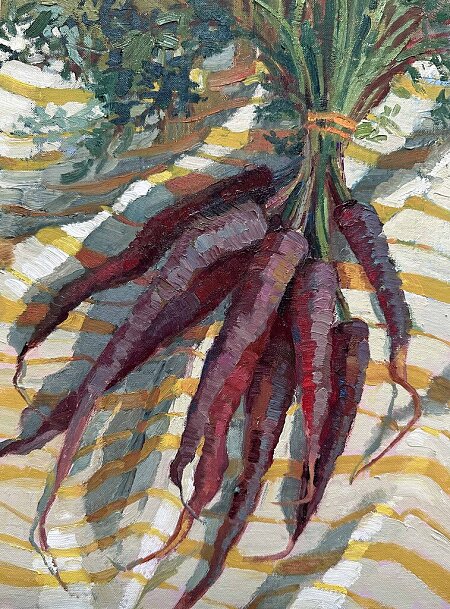
How Will They Remember You?
“I ain’t no deserter,” Joaquin said and made to grab his rifle and join the skirmish outside their tent.
Men’s dying screams came rolling in waves, closer and closer to their tent. Alcide grabbed his son by the nape of his neck and threw the gun out into the nighttime chaos, tossing his son to the ground in the process. “We’re not going to fight about this,” he said.
He saw the bravado disappear from his son’s eyes like a powder flash. Alcide offered his hand and picked Joaquin up off the ground. The two tossed everything they considered valuable into their packs and made their escape to the edge of camp.
Alcide turned around to see the smoke rising from the camp. In a flash, a rifle stock met his temple. He collapsed under a clear night sky, lying next to his only son. His last thought was not of Joaquin but of his other children and their grave markers under the giant oak tree behind their home.
And as he slipped out of consciousness, Alcide wondered if he would see those children again. He wanted to hold them and carry them like he had Joaquin. Somewhere behind him, guns spit fire and lead as a chorus of men’s screams were carried on the nighttime summer breeze.
*
The young officials had followed him from the door of the shop until he had reached the road that led to his farm. And when he had found himself standing outside his home again, Alcide’s hope had been renewed. But the house was not how Alcide remembered it. The boards on the outside were either weathered or broken, holding only the distant memory of paint. The boards of the front porch sagged into the dirt below. Out back, the soy and corn crops wilted and rotted. Alcide remembered the blood stains on his coat and removed it, folding it neatly in the crook of his arm.
The door to the house cracked open. A woman stared at him, and he knew, despite the age in her face and her gaunt frame, that she was his wife. The dark curtain of hair that she once wore like a thundercloud crown had thinned and greyed, but he knew her eyes, still a gleaming green in the sunlight.
She knew him instantly and sighed, as if he’d been late for dinner and hadn’t sent word. Alcide shuffled his feet, making himself slightly more presentable. “Come in,” she finally said, gesturing for him to climb the ramp to the front door.
Alcide, like a dutiful soldier, followed her orders and stepped into the house he had once known.
The inside was nearly identical to his memories. Each piece of furniture was in its proper place, and the old floors still held their dull gleam. What he did not recognize was the silence that lived there now. Every room of the small home bore the weight of absence, and Rachel seemed to live easily in this empty space.
Alcide and his wife sat across each other at their table. He wondered if she was still, indeed, his wife. Both of them waited for the other to speak, knowing that it would begin a conversation that neither of them wanted to have. Rachel had always been fluent in silence, accustomed to holding her words close. Alcide was not, and he broke the space between them.
“You’re still here,” Alcide said finally.
“So are you,” his wife replied. She stared at his coat. “Folks here don’t believe like they used to.”
“How do you mean?”
“I mean you might want to lose that coat.”
Alcide draped the coat on the chair next to him as if saving a seat for a visitor who was running late.
“It’s all I’ve got left,” he said.
Rachel twirled her wedding ring like he remembered her doing often. But the more he looked at the ring, the more it seemed out of place.
“Lot of people changed their mind about the war,” she said.
The shop owner’s jittered speech came back to his mind. “Maybe it’s not so bad to be reminded,” he replied. “Helps us remember where we went wrong.”
